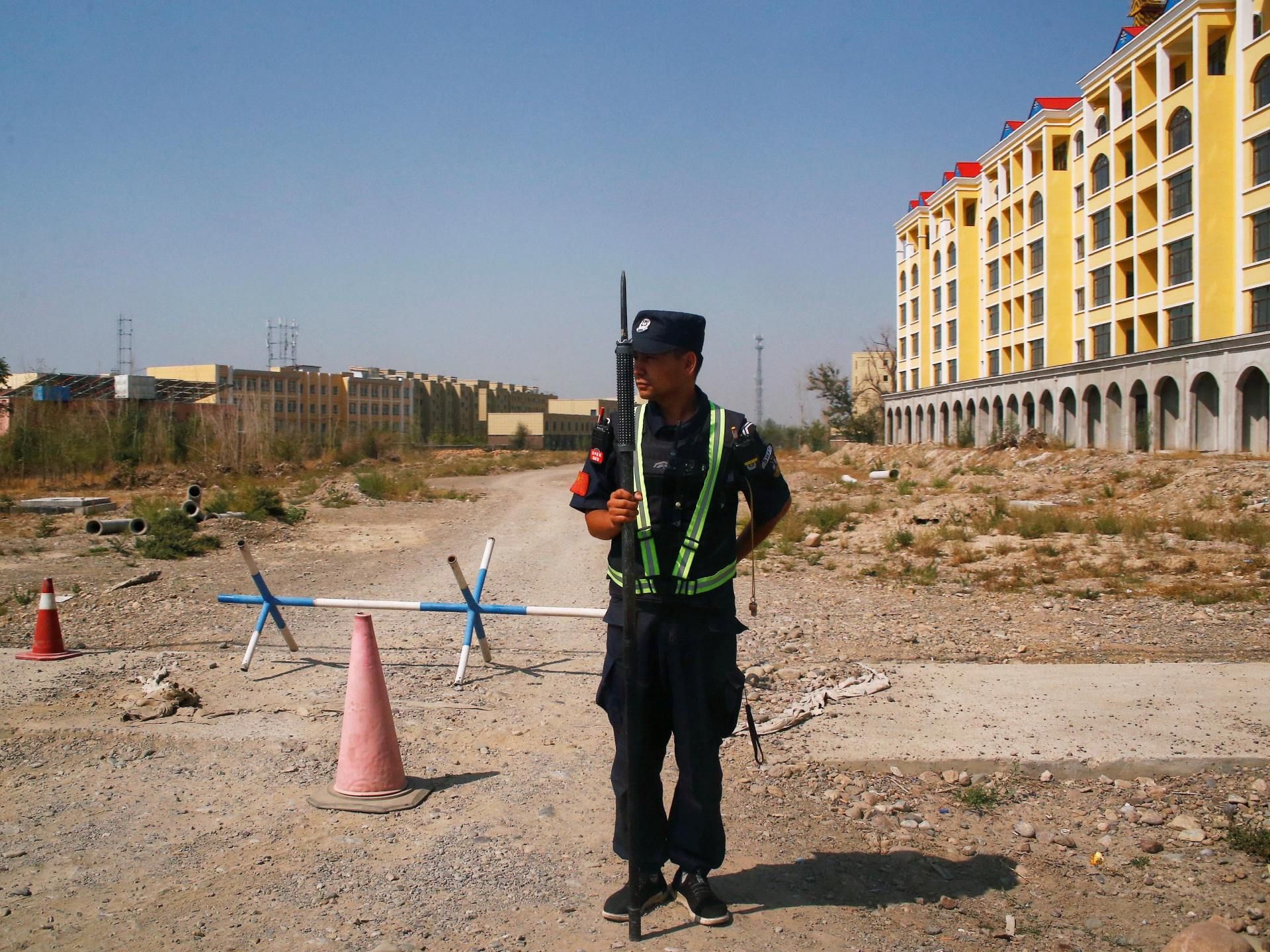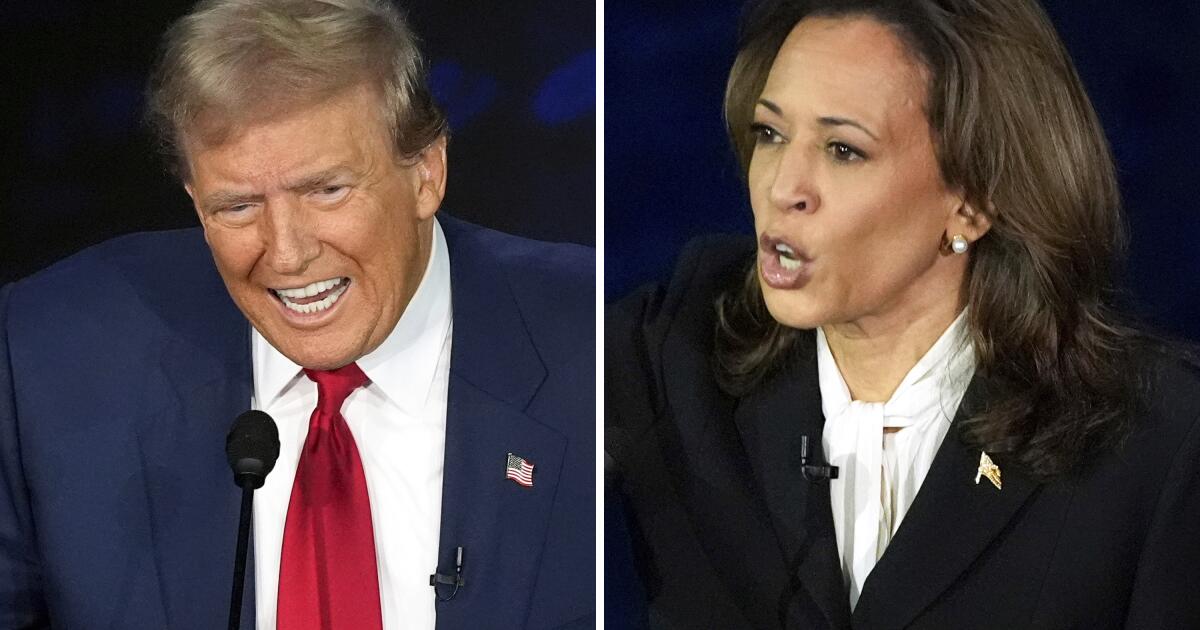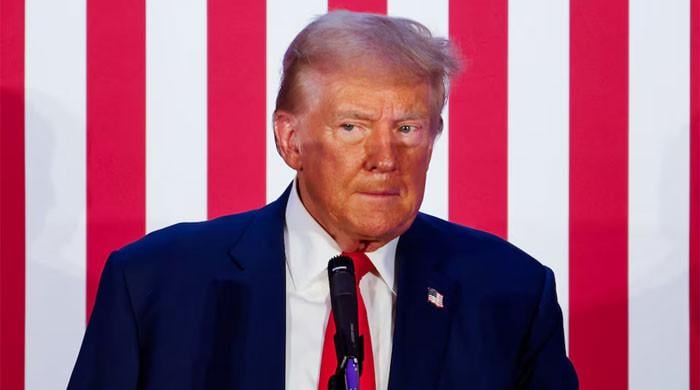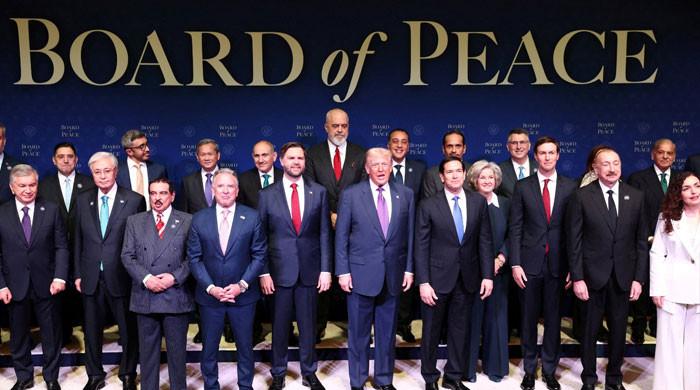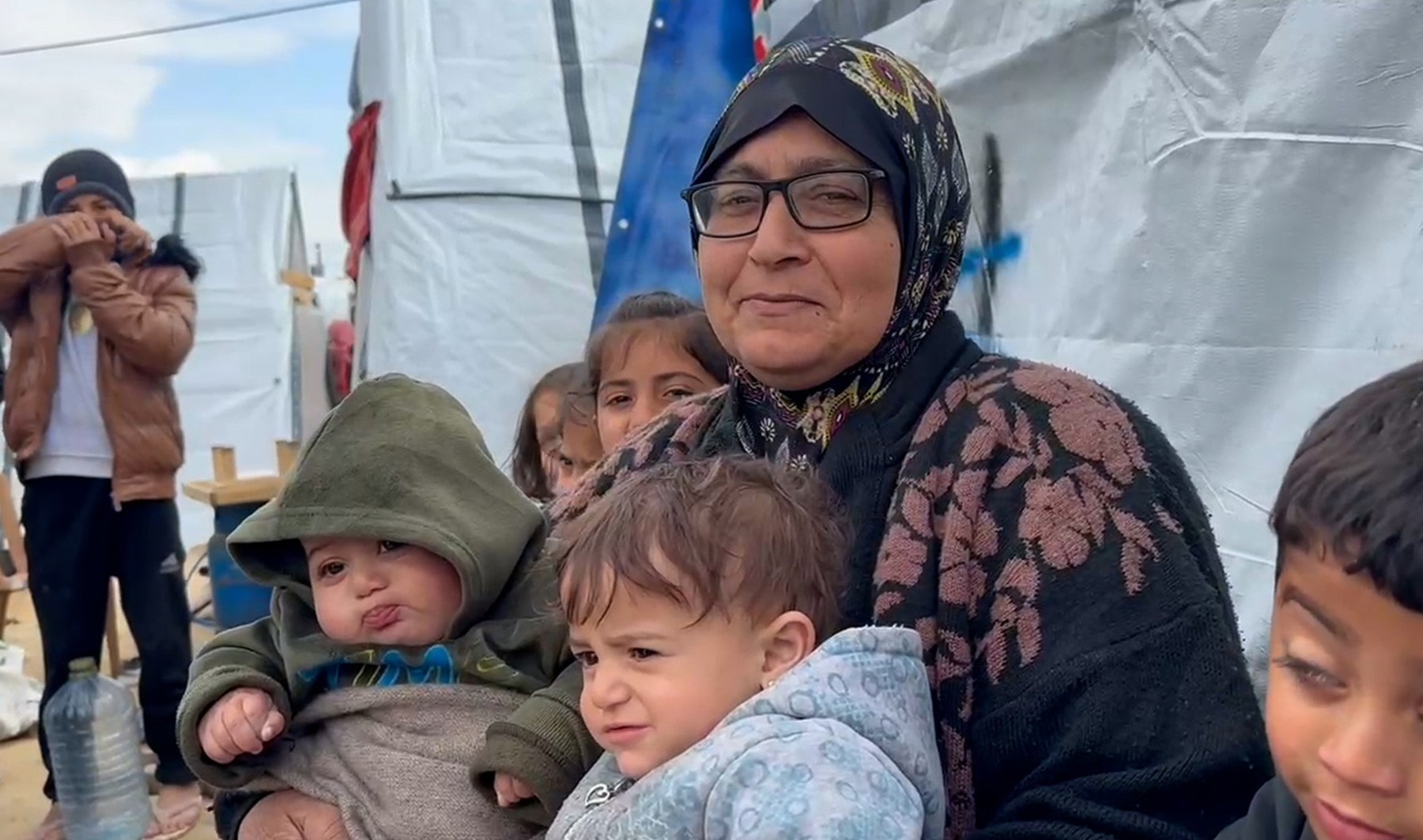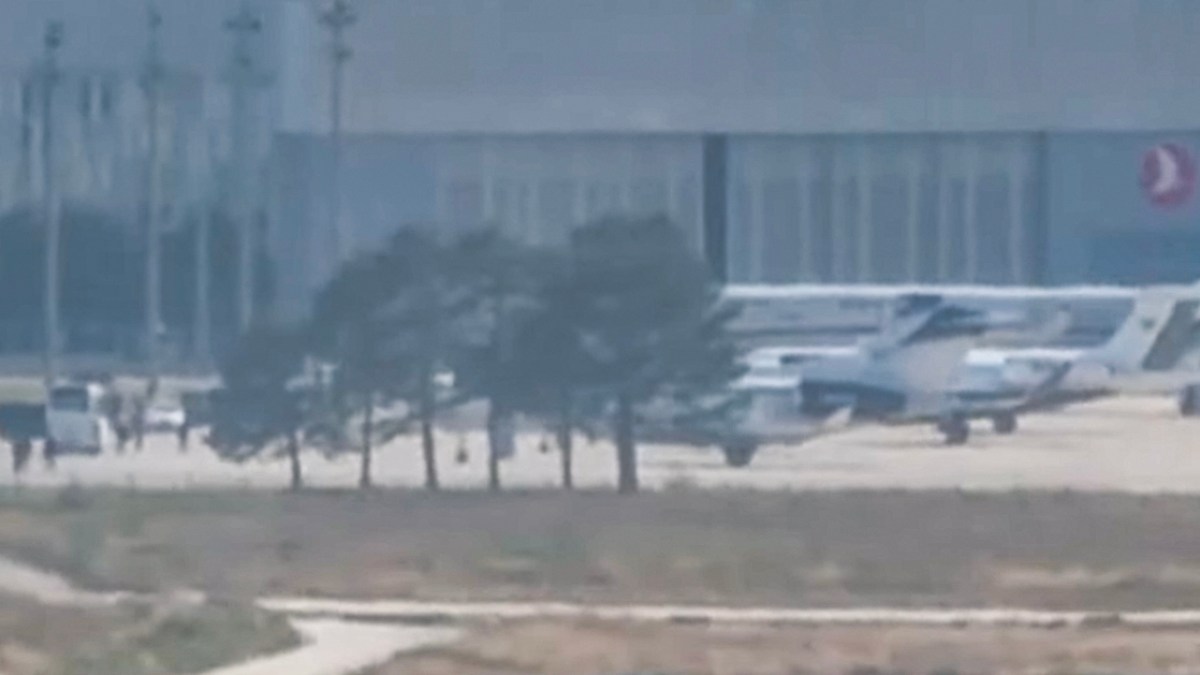Albanian-Canadian historian and journalist Olsi Jazexhi believed in early 2019 that reports of human rights violations in the Xinjiang Uyghur Autonomous Region (Xinjiang) in western China were lies.
Accounts from people who had fled the area, as well as reports from human rights organizations, painted a picture of large-scale human rights abuses. Xinjiang’s Muslim minorities – the majority of whom are Turkish-speaking Uyghurs – were reportedly being deprived of basic freedoms, their cultural and religious heritage was being destroyed and at least a million of them had been interned in a vast network of detention camps.
The international community took note and the United Nations expressed its concerns.
But Jazexhi was not convinced.
“I was sure that the stories were a plot constructed by the United States and the West to discredit China and divert attention from its own human rights record regarding Muslims,” he told Al Jazeera.
The Chinese government itself vehemently rejected the accusations, acknowledging the existence of the camps but describing them as vocational training centers necessary to combat alleged extremism.
To see the truth for himself, Jazexhi contacted the Chinese embassy in Tirana to visit Xinjiang. He was soon invited to join a press tour for foreign journalists, mostly from Muslim countries, and in early August 2019, he was on a plane bound for China.
“I went to defend the Chinese government,” he recalled.
But he quickly discovered that defending the Chinese narrative was a much more difficult task than he had anticipated.
In the first days in Xinjiang, he and other foreign journalists had to attend a series of lectures given by Chinese officials on the history of the region and its people.
“They portrayed the indigenous people of Xinjiang as immigrants and Islam as a religion foreign to the region,” Jazexhi said. “It was wrong.”
His disillusionment only continued when he and other journalists were taken by their Chinese hosts to one of the so-called vocational training centers on the outskirts of the regional capital of Urumqi.
“They said it was like a school, but clearly it was a high-security site in the middle of the desert,” Jazexhi said.
“We were also told that the people staying there were not allowed to leave, so it was obviously not a school but a prison and that the people there were not students but prisoners.”
Once they entered the site, Jazexhi had the opportunity to interact with several Uyghurs and it quickly became clear that they were not the “terrorists” or “extremists” that Beijing had claimed.
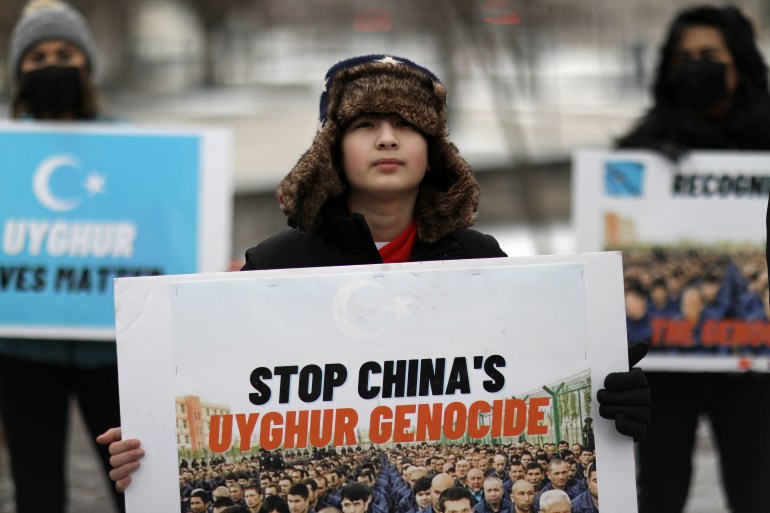
“I was talking to people who had been taken there simply for practicing Islam, for example, entering into a religious marriage, praying in public or wearing a headscarf,” he said.
“One of them told me that she was no longer Muslim and that she now believed in science and Chinese President Xi Jinping.”
Jazexhi confronted the Chinese officials accompanying him.
“I told them what they were doing was very wrong,” Jazexhi said.
The interactions led to a fight between Jazexhi and some of the Chinese hosts.
When he finally left Xinjiang, he was deeply shocked.
He had thought he was going to expose Western lies, but instead he witnessed oppression on a massive scale.
“What I saw was an attempt to eradicate Islam from Xinjiang,” he said.
‘Agenda of the West’
Since Jazexhi’s visit, the UN Human Rights Council has determined that Chinese restrictions and deprivations in Xinjiang may constitute crimes against humanity.
The U.S. government, as well as lawmakers in Australia, Canada, France and the United Kingdom, have called China’s treatment of Uyghurs and other Turkic-speaking Muslims in the region a genocide. Meanwhile, several countries have imposed economic restrictions on products from Xinjiang in response to evidence of forced labor in the region.
Amid criticism, Beijing has continued to organize visits – mainly by diplomats and journalists from Muslim countries – to Xinjiang.
Chinese media have reported on at least five such media tours taking place in 2023, with visits to Xinjiang also being arranged for foreign diplomats and Islamic scholars.
Moiz Farooq, executive editor of Daily Ittehad Media Group and Pakistan Economic Net, visited Xinjiang in mid-December as part of a delegation of Pakistani media representatives.
Like Jazexhi in 2019, Farooq went to Xinjiang with the intention of seeing for himself that the stories he had heard were not true.
“There is a lot of propaganda about Xinjiang out there and I wanted to witness it with my own eyes,” Farooq told Al Jazeera.
Unlike Jazexhi, Farooq left Xinjiang impressed by the level of development in the region and claimed that local Muslims largely lived free and content lives.
“I was able to talk to as many different people as I wanted in bazaars and restaurants about their standard of living and I, along with the rest of the delegation, had complete freedom,” he said.
“I saw Muslims there who were free to enjoy and practice their religion.”
Farooq does not believe that the accounts and reports from human rights organizations and UN bodies detailing human rights abuses in Xinjiang are correct.
“The West’s agenda is to show the worst of Xinjiang and now I know the stories are not true because I have seen how happy they are. [Muslims in Xinjiang] We are living,” he said.
Naz Parveen is director of the China Window Institute in Peshawar, Pakistan, and was on the same tour as Farooq. She was also impressed by the prosperity she observed in Xinjiang.
Echoing Beijing’s characterization of the situation, Parveen believes that what have been called human rights violations in Xinjiang can be more accurately described as police operations targeting religious extremism.
For Parveen, the trip reinforced those views.
“We visited bazaars and mosques and saw people praying and receiving teaching from imams,” he told Al Jazeera.
“Everywhere we went, we saw people living normal, peaceful and content lives, so the terrible things I had read about Xinjiang didn’t match what I saw.”
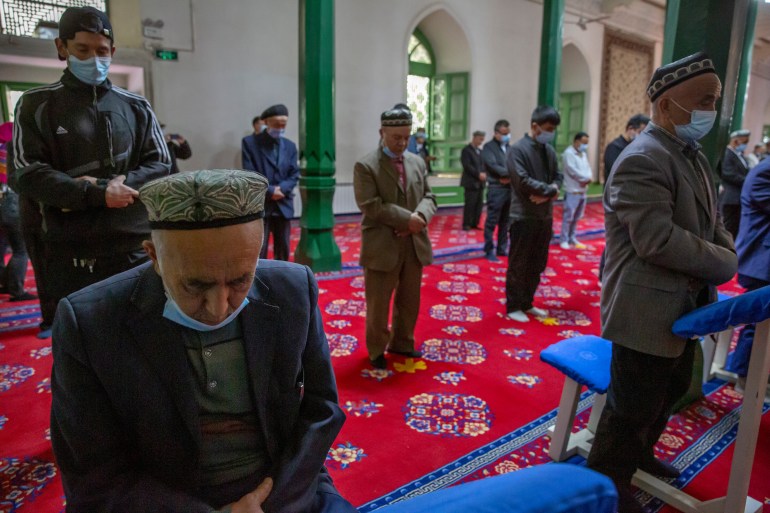
On another tour of Xinjiang in September, Chinese state broadcaster CGTN quoted Filipino columnist and politician Mussolini Sinsuat Lidasan praising Chinese “anti-terrorist” measures in Xinjiang.
On the same tour, Donovan Ralph Martin, editor of the Daily Scrum News in Canada, was also quoted by CGTN as saying that “absolutely, there is freedom of religion in Xinjiang, and anyone who doesn’t say that is ignorant.” .
Lidasan and Martin did not respond to Al Jazeera’s interview requests.
Challenging the narrative
Since 2020, Chinese President Xi Jinping has called for “telling the story of Xinjiang” and “confidently propagating Xinjiang’s excellent social stability.”
Canadian-Uighur activist Rukiye Turdush sees press tours as integral to that mission.
“He wants to change the narrative about Xinjiang,” he told Al Jazeera.
Henryk Szadziewski is a senior researcher at the NGO Uyghur Human Rights Project. He says press tours, like those in Xinjiang, are a common tactic employed by countries that have something to hide.
“The purpose is to contradict criticism of the human rights record by having others amplify their narrative, which creates more credibility,” he told Al Jazeera.
“In practice, if, for example, they want to show you that Uyghurs enjoy freedom of belief and religious expression, they usually take you to the Id Kah mosque in Kashgar and the people you talk to have often been heavily selected and cannot challenge the state version of the Uyghurs.”
The Pakistani delegation joined by Farooq and Parveen visited the Id Kah Mosque.
In terms of more spontaneous encounters with Uyghurs on such tours, Turdush does not give much credence to the conclusions reached by foreign journalists based on conversations with Uyghurs who have been living in an environment of fear for years and have been subjected to heavy surveillance, as well as well as state authorities. propaganda.
“Few Uyghurs and other Turkic peoples in Xinjiang have any options but to remain silent or echo Chinese propaganda,” he said.
Australian journalists on a press tour in September reported speaking to a seller of souvenirs that their tour guides had not provided. The salesman said that he had spent time in an internment camp, but when reporters began asking more questions, a person suddenly appeared and began filming the salesman’s answers.
Even former UN human rights chief Michelle Bachelet found her long-delayed visit carefully choreographed. But her final report, released moments before she left office, found that China had likely committed “crimes against humanity” in Xinjiang.
However, in recent years there have been signs that some of the security measures in Xinjiang have been relaxed, according to Maya Wang, associate Asia director at Human Rights Watch.
Detention camps have been closed and police checkpoints removed.
Instead, a vast network of sophisticated facial recognition security cameras is said to have been established across the region, while people previously detained in camps have been moved to China’s opaque prison system.
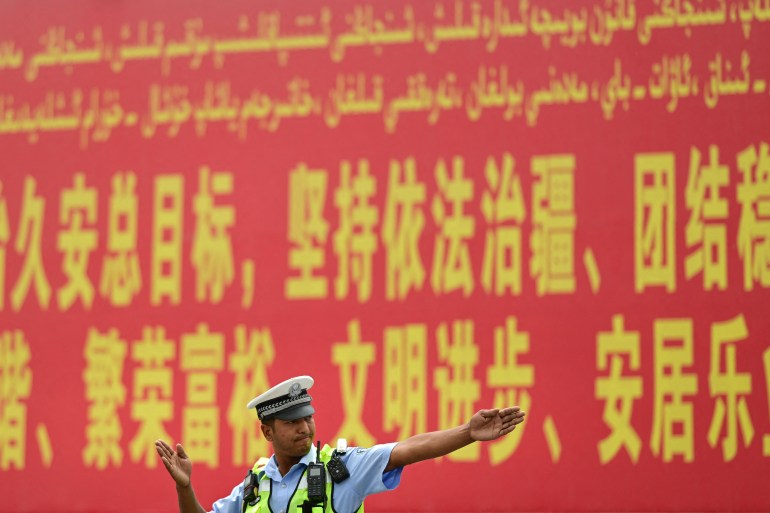
At the same time, information entering and leaving Xinjiang remains strictly controlled, while Xinjiang residents are punished for unauthorized contact with people outside China.
“Genocide is still happening, but it’s much more covert now,” Turdush said.
Despite the controversy surrounding package tours, both Turdush and Jazexhi believe foreign journalists and officials should continue visiting Xinjiang as long as they question the narratives presented to them.
“They should leave,” Jazexhi said.
“And they should tell the truth about what they see in Xinjiang and what they don’t see.”

